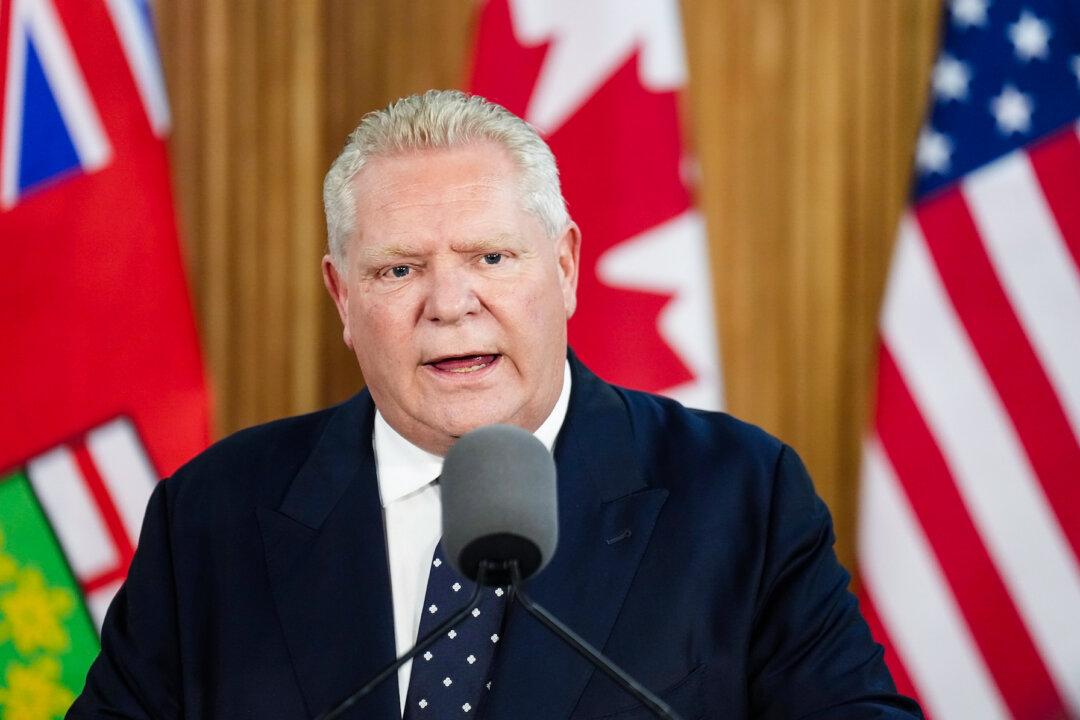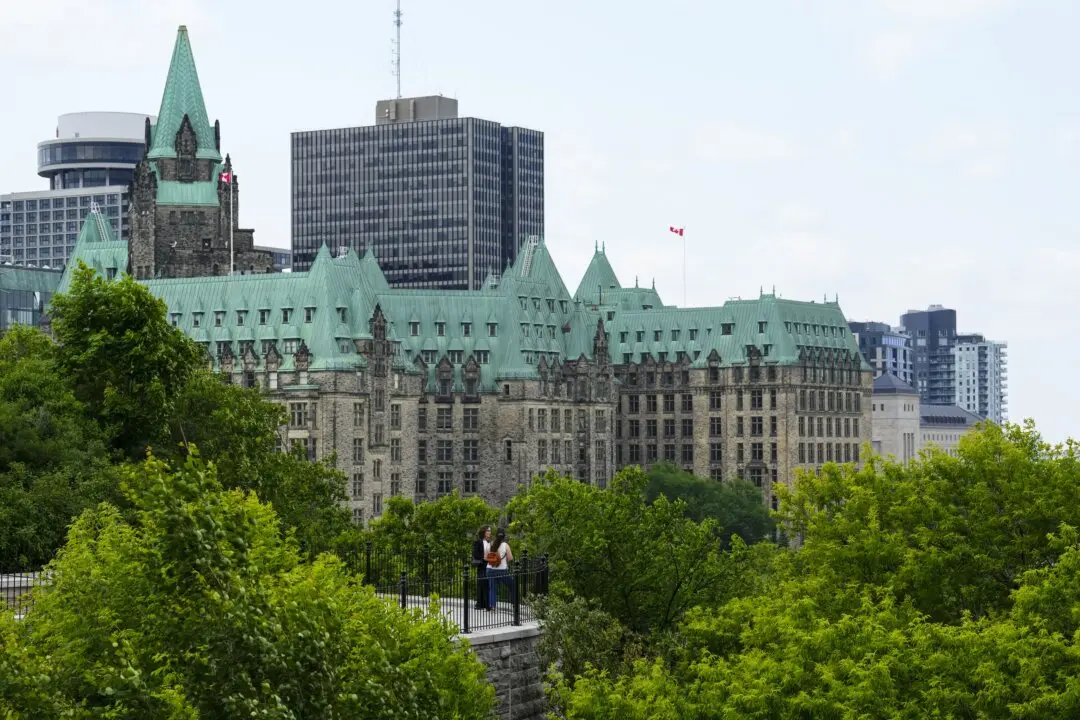The Ontario government has introduced a bill aimed at removing trade barriers with other provinces. It also says it has signed memorandums of understanding to improve trade with Nova Scotia and New Brunswick.
It was one of the commitments Ontario’s government made in its Throne Speech on April 15.





